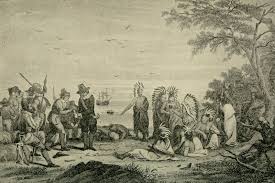APUSH Period 1 & Period 2 Terms
1/48
Earn XP
Description and Tags
Name | Mastery | Learn | Test | Matching | Spaced | Call with Kai |
|---|
No analytics yet
Send a link to your students to track their progress
49 Terms
Black Codes
Restrictive State laws passed in the Southern States after the Civil War to control the labor and behavior of newly freed Africans Americans.
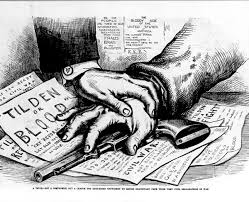
City upon a hill
A community that serves as an ideal model for others to follow.
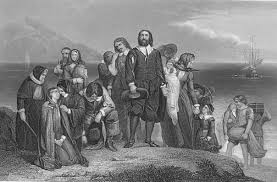
Encomiendas
A Spanish labor system in the Americas that granted conquistadors the right to demand tribute and forced labor from indigenous peoples.
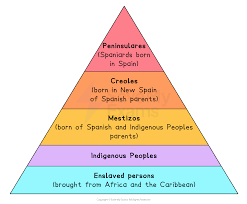
Evangelicalism
A Christian movement that emphasizes the necessity of a personal conversion, the duthority of the Bible, and a duty to spread the faith to others.
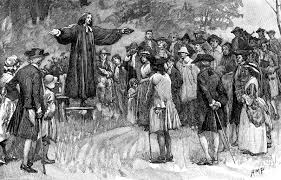
Headright System
A colonial policy where land was granted to settlers who could pay for their own or another person’s passage to the colonies.
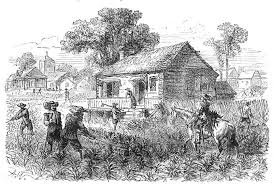
Indentured Servitude
A system where a person, often a poor European agreed to work for a colonial landowner for a set number of years (typically 4-7) in exchange for free passage to the Americans, plus room, board, and other necessities
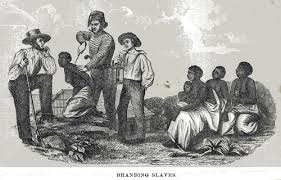
Join-stock Company
A business where multiple investors pool their money by buying small ‘shares’ of a company to fund a large, risky venture, like establishing a colony.
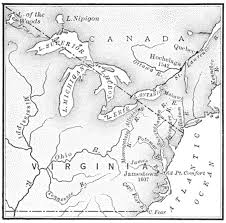
Mercantilism
An economic system where a country’s power depended on its wealthy, measured in gold and silver.
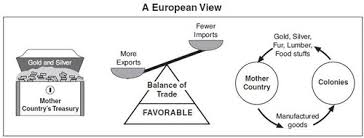
Middle Passage
The Middle Passage was the brutal, forced journey across the Atlantic Ocean where millions of enslaved Africans were transported to the Americas as part of the transatlantic slave trade.
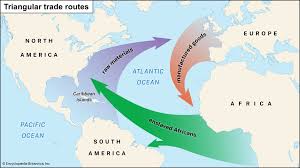
Praying towns
Settlements in 17th-centurristianity and y New England where native Americans lived to convert to Christianity and adopt European ways of life, such as English-style farming and social structures.
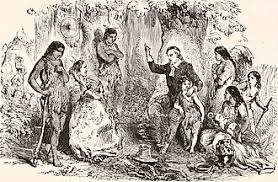
Proprietary colony
A British colony in North America granted by the Crown to a single person or s small group who had full governing rights over the land.
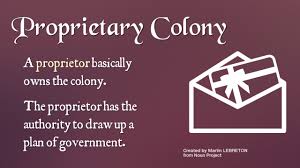
Puritanism
A religious movement in 16th and 17th century England that wanted to “purify” the Church of England of its Catholic practices.
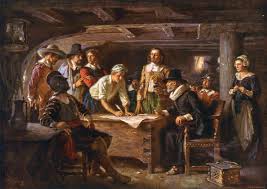
Royal Colony
Royal colony was a British colony in America that was dircelty controlled by the English monarchy
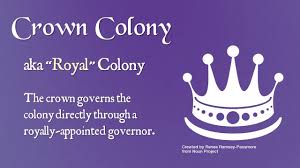
Salutary neglect
Britain’s informal, hands-off policy of not enforcing its own strict trade and parliamentary laws in the American colonies for a period in the 17th and 18th centuries
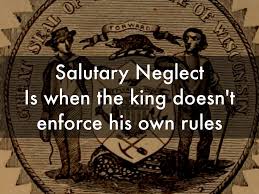
Slavery
A system where people are owned by others, treated as property, and forced to work without pay.
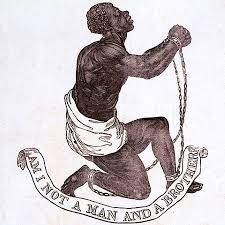
The Great Awakening
A series of religious revivals in American colonies in the 18th century marked by intense religious fervor and a shift towards personal, emotional faith.
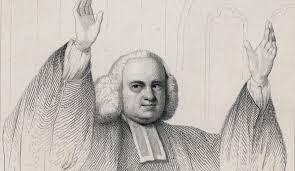
Tariffs
A tax on imported goods, used by a government to raise money and protect its own industries from foreign competition.
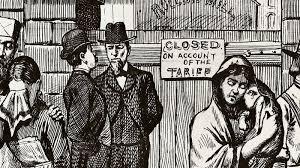
The Glorious Revolution in England
the Glorious Revolution was the peaceful overthrow of King James II of England in 1688 by parliament, who replaced him with his protestant daughter Mary and her husband, William of Orange. This event established parliamentary supremacy, limiting the monarch’s power and paving the way for a constitutional monarchy and the principles of individual rights.
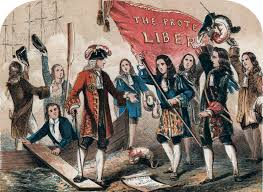
Bacon’s Rebellion
An uprising in 1676 in colonial Virginia, led by Nathaniel Bacon, against Governor William Berkeley. It was fueled by class tensions between the wealthy elite and poorer frontiersmen who were frustrated by high taxes, a lack of land, and protection from Native Americans.
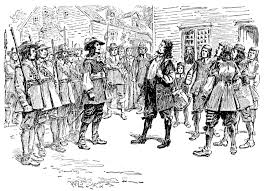
Huron Confederacy
A powerful group of allied indigenous tribes that formed for mutual support and trade, primarily located in what is now southern Ontario, Canada. They were known for agriculture and developed a crucial trade pathnership with the French.
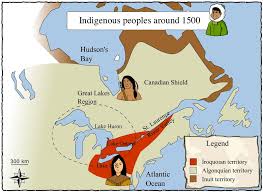
King Philip’s War
King Philip’s War (1675-1676) was a conflict between Native American tribes, led by the Wampanoag chief Metacom(called King Philip by the English), and New England colonists. The war was caused by escalating tensions over colonial expansion onto Native American land and resulted in devastating losses on both sides. The conflict ended with Metacom’s death, the crushing of Native resistance in New England and furhter colonial expansion.
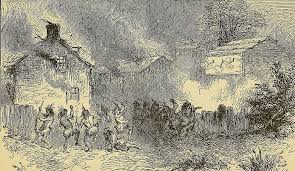
Maroons
Maroons were enslaved people who escaped to form their own independent communities in the Americas. These communities were established in remote areas, like forests or mountains, and represented a powerful form of resistance against slavery and colonial rule.
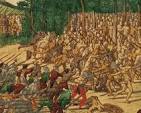
Pequot War
The Pequot War was a 1636-1638 conflict between the Pequot tribe and English colonists, along with their native American allies. The war, fueled by competiton over land and trade, resulted in the near-destruction of the Pequot tribe and their forced dispersion.A pivotal event was the English-allied attack on the main Pequot fort at Mystic in 1637, which led to devastaing caualties for the Pequot.
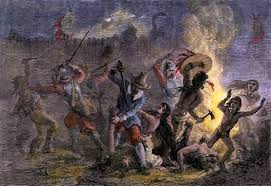
Metacomet
Metacomet, also known as King Philip, was the Wampanoag leader who led an alliance of Native American tribes in a major uprising against English colonists in New England, known as King Philip’s War(1675-1676).
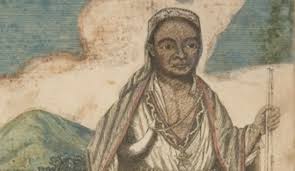
The Pueblo Revolt
The Pueblo Revolt was a 1680 uprising where the Pueblo people, led by Pope, successfully drove the Spanish colonizers out of present-day New Mexico. The revolt was a reaction to Spanish oppression, especially forced conversion to Christianity nd the destruction of their culture, and is considered the only successful Native American uprising against a colonizing power in North America.
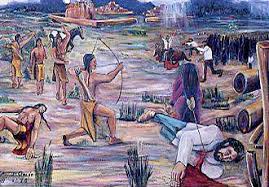
Salem Witch Trials
The Salem Witch Trials were a series of witchcraft accusations, trials, and executions that took place in colonial Massachusetts from 1692 to 1693. The trials were fueled by mass hysteria, social tensions, and strict Puritan religious beliefs, leading to the convicton and execution of 20 people, primarily women. A key factor that ended the trials was the rejection of spectral evidence (testimony based on dreams and visions).
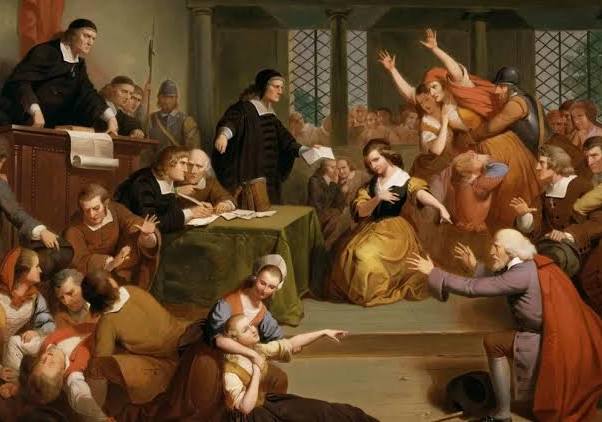
Spanish mission system
The Spanish mission system was a series of religious and agricultural outposts established by Spanish colonizers to convert indigenous peoples to Christianity and integrate them into Spanish colonial society. These missions served as religious and cultural centers that aimed to spread Spanish culture, language, and cultural suppression, and the spread of European diseases among native populations.
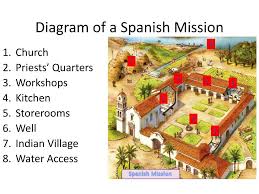
The “starving time”
The “starving time” was the brutal winter of 1609-1610 during which most of the English colonists in Jamestown, Virginia, died from starvation and related diseases. Their food supply was cut off by a combination of a severe drought and a siege by local Powhatan indians
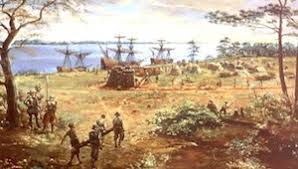
Pilgrims
The Pilgrims were English Separatists who sought religious freedom by leaving the Church of England and moving to North America, where they founded Plymouth colony in 1620.
Pocahontas
Pocahontas was a Native American woman from the Powhatan tribe known for her role in the early interactions between her people and English settlers at Jamestown. She is famous for allegedly saving John Smith from execution and for her 1614 marriage to English colonist John Rolfe, which helped bring a period of peace between the two groups.
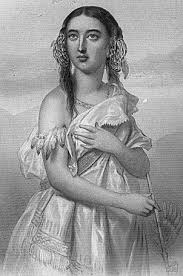
Powhatan Confederacy
A powerful alliance of about 30 Algonquian-speaking Native American tribes in the Virginia area, led by chief Powhatan during the early 17th century. It was a central force in early interactions with English settlers at Jamestown, experiencing periods of both cooperation and conflict over resources and land.
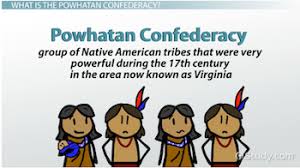
Puritans
Puritans were English Protestants who wanted to “purify” the Church of England and came to America for religious freedom in the 1600s. They established colonies in New England based on strict religious beliefs, emphasizing hard work, morality, and a strong community.
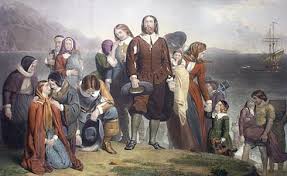
The Stono Uprising
The Stono Uprising was a slave rebellion in 1739 where a group of enslaved people in South Carolina, led by a man named Jemmy, stole weapons, killed white landowners, and marched toward Spanish Florida seeking freedom. The rebellion was ultimately crushed by a white militia, but it was the largest slave revolt in the British colonies and led to harsher slave codes in response.
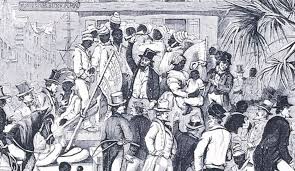
Anne Hutchinson
Anne Hutchinson was a Puritan spiritual leader who was banished from the Massachusetts Bay Colony for questioning the authority of the colony’s ministers and for believing in personal revelation from God, rather than relying on church leaders.
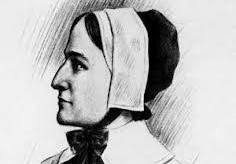
Bartolome de las Casas
Bartolome de las Casas was a 16th-century Spanish missionary who became a fierce advocate for the rights of indigenous peoples in the Americas, he is known for his writings that exposed the brutal treatment of Native Americans by Spanish colonizers and his opposition to the exploitative encomienda system.
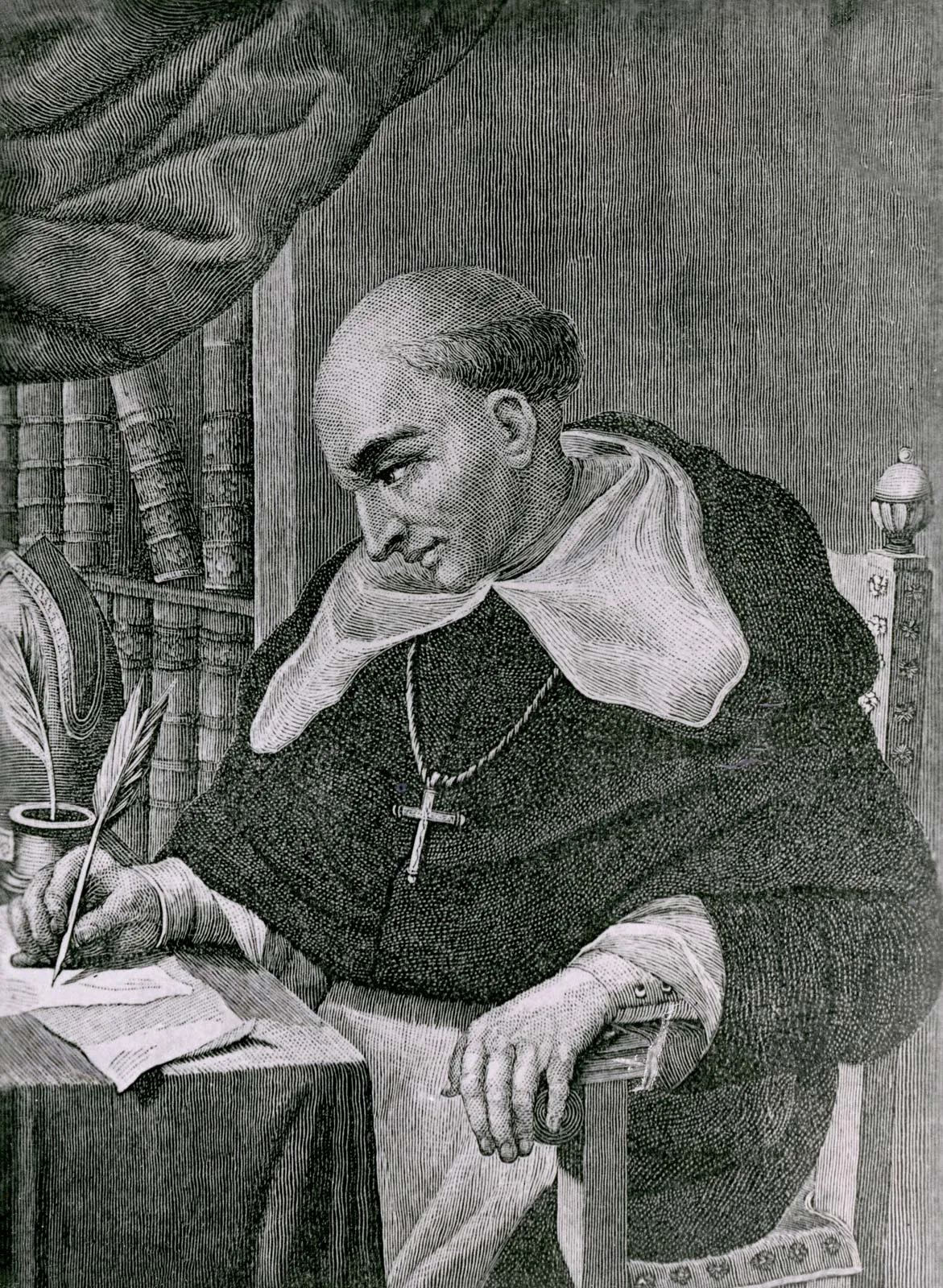
Benjamin Franklin
Benjamin Franklin was a Founding father known for being a versatile leader in the American revolution and early republic, serving as a statesman, diplomat, inventor, and writer.
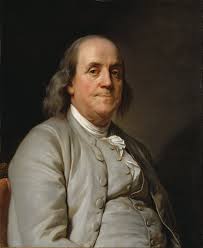
Calvinists
Calvinists were followers of John Calvin’s theology, emphasizing that God has already chosen who is “saved” (predestination) and that human beings are naturally sinful.
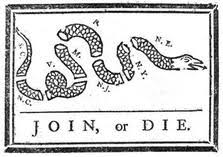
Congregationalists
Congregationlists were a Protestant Christian denomination, especially prominent in colonial New England, who believed each church congregation should be self-governing and independent, with members making decisions for their own church.
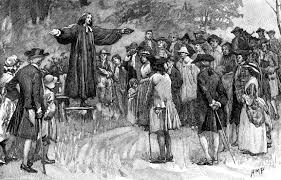
George Whitefield
George Whitefield was a charismatic British preacher and a key figure in the 18-century American religious revival known as the Great Awakening. He was famous for his powerful sermons that drew large crowds, emphasized a personal and emotional relationship with God, and helped to unite different Protestant denominations across the colonies.
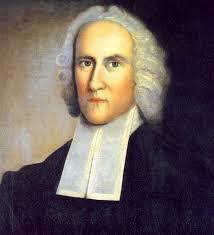
John Rolfe
John Rolfe was an English colonist in early America known for two key achievements, he cultivated a profitable strain of tobacco for the jamestown colony and married Pocahontas, the daughter of Chief Powhatan.
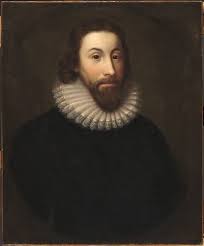
John Smith
John Smith was a key leader in establishing the Jamestown colony, the first permanent English settlement in North America. He was known for his military and exploration bakcground and his leadership, which helped the struggling colony.
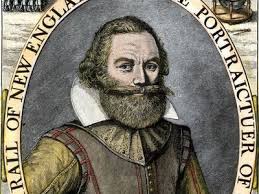
Jonathan Edwards
An influentiial figure who used intense, vivd sermons to reignite religious fervor in the colonies, emphasizing God’s power and the need for a personal, emotional connection to faith over mere good works.
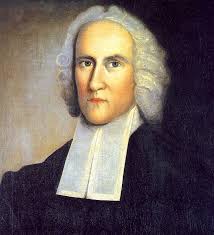
Hugenots
Huguenots were French Protestants, followers of John Calvin’s teachings, who faced severe persecution in 16th and 17th-century.
Roger Williams
Roger Williams was an English Puritan minister who founded Rhode island after being banished from the Massachusetts Bay Colony for his radical ideas. He is famous for promoting religious freedom, separation of church and state, and fair treatment of Native Americans, which led to the creation of a colony with greater tolerance and liberty.
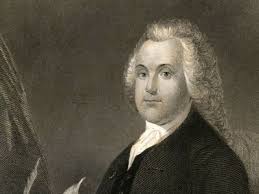
Juan de Onate
A Spanish explorer and conquistador who colonized New Mexico in 1598, founding the first permanent European settlement in the region at San Juan Pueblo. He is known for his brutality against indigenous peoples, including the Acoma Pueblo.
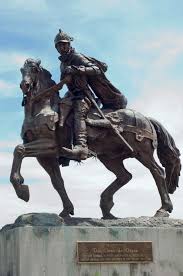
Separatists
A group of Puritans who wanted to completely separate themselves from the Church of England.
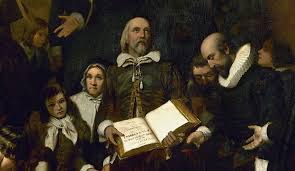
Sir Walter Raleigh
An English explorer and courtier who sponsored the failed Roanoke Colony( the” Lost Colony”) in the 1580s, a key early attempt at English colonization in North America.
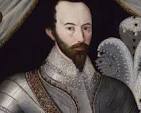
The Virginia Company
An English joint-stock company that founded the Jamestown colony in 1607. Its main goals were to find gold, a passage to the indies, and to gain wealth through colonization.
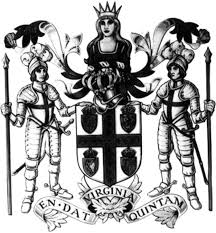
Wampanoags
The Wampanoags are a Native American confederacy best known for their crucial early interactions with the Pilgrims at Plymouth Colony in the 1620s, which were initially peaceful but ultimately led to a devastating conflict known as king Philip’s War.
